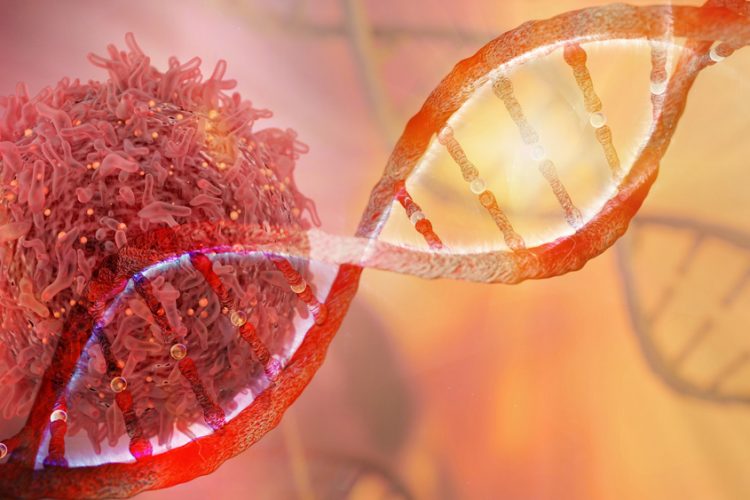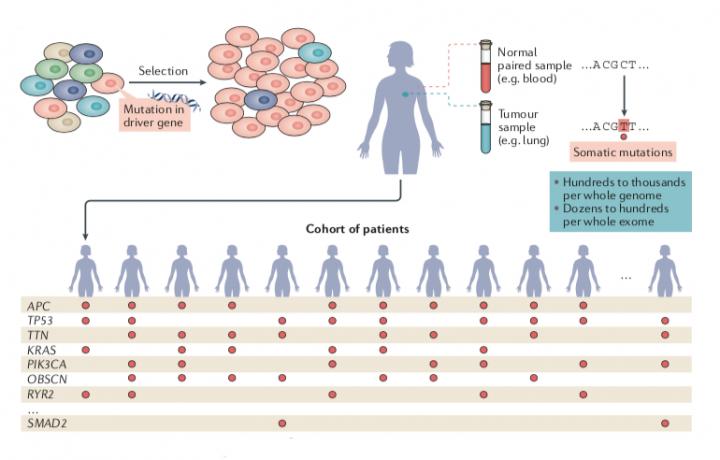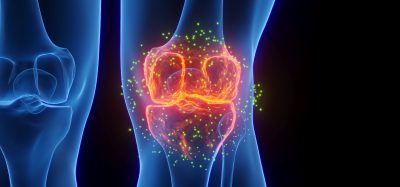Researchers identify over 550 cancer-driving genes
Posted: 20 August 2020 | Victoria Rees (Drug Target Review) | No comments yet
Computational analysis has been used by researchers to examine 66 types of cancer and identify 568 genes that drive tumour development.


Researchers have performed an extensive computational analysis of around 28,000 tumours from 66 types of cancer, identifying 568 cancer-driving genes. According to the scientists, these genes play specific roles in the regulation of cell growth, the cell cycle and DNA replication, among others.
The study was conducted at the Institute for Research in Biomedicine (IRB) Barcelona’s Biomedical Genomics Lab, Spain.
“The compendium of driver genes provides cancer researchers, both in the clinical and basic research setting, with crucial knowledge and it has an important impact on clinical decision-making,” said lead researcher Nuria Lopez-Bigas. “For instance, if we know that the tumourigenic capacity of a tumour relies on a specific protein, an approved targeted therapy – ie, antibodies or other inhibitors hindering its function – may be employed by oncologists to treat the patient.”
The researchers used the open-access Integrative OncoGenomics (IntOGen) pipeline for their study. They used it to investigate surprising mutational patterns in a gene, different from expected under neutrality, as signals that they were under positive selection in tumourigenesis. They then used these signals of positive selection to identify mutational driver genes. However, the team emphasised that to compute these signals, the accumulation of mutations under neutrality needs to be accurately modelled for all genes, so that deviations of any gene from the expected pattern may be readily spotted.


Analysis of the genomes of 28,000 tumours from 66 types of cancer [credit: IRB Barcelona].
With the identification of the 568 cancer-driving genes, the researchers observed that most are highly specific and with their mutations are capable of triggering only a few tumour types. However, they found that there is a small group, accounting for less than two percent of those identified, that is very versatile and can drive more than 20 different types of cancer.
“Although it has been known that cancer driver genes have different degrees of specificity since they were first identified, having this snapshot of the compendium has allowed us to address this question in an unbiased way,” says Abel González Perez, who also led the study.
The study was published in Nature Reviews Cancer.
Related topics
Drug Targets, Genetic Analysis, Genomics, Oncology
Related conditions
Cancer
Related organisations
Institute for Research in Biomedicine (IRB Barcelona)
Related people
Abel González Perez, Nuria Lopez-Bigas








